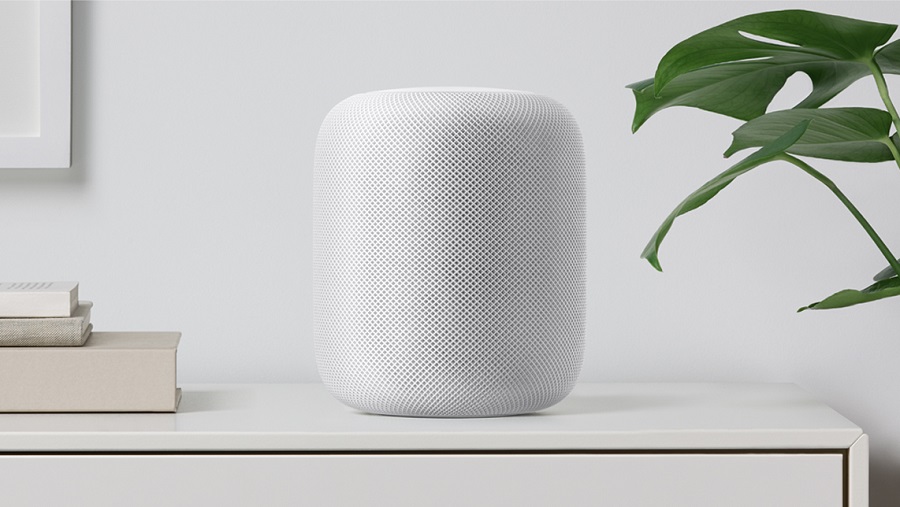It doesn’t make its own smartphone (anymore), and it doesn’t have a regular computer either. But Amazon is the undisputed king of voice computing at home. Its Echo devices sell better than anything else, with Google’s Home coming in second place.
Apple should have launched a voice-activated smart speaker next month, but the HomePod isn’t coming until early 2018. Even if it’d launch now, the HomePod would still be a sound-centric accessory, meant to offer users better sound rather than a smart home experience. Siri would still work on the HomePod, but the device needs an iPhone to be truly smart.
It turns out the HomePod has quite a development story at Apple, and it’s mostly a sad one. “This is a huge missed opportunity,” an unnamed Apple employee said in an interview while revealing some of the HomePod’s secrets.
Priced at $349 and measuring only 7-inches, the HomePod first started as a side project of a few Mac audio engineers who were looking for a better sound experience for the phone. That’s according to a Bloomberg scoop that details the rather sad story of the HomePad.
Apple had been working on an early version of the HomePod for about two years in 2014 when the first-gen Amazon Echo arrived. Since then, Apple tested many HomePod versions while looking for the perfect form factor, including one that was three feet tall. The project was canceled a few times:
The project was cancelled and revived several times, they said, and the device went through multiple permutations (at one point it stood 3 feet tall) as executives struggled to figure out how it would fit into the home and Apple’s ecosystem of products and services.
The report says Apple used employees who were not involved with the project and even Apple store employees around the world to test the unreleased product.
The HomePod’s six microphones were optimized to pick up commands over conversations, running washing machines and blasting televisions. The speaker grills were kid-proofed. The gadget’s feet were designed so the vibrations wouldn’t knock it off a shelf. Testers dropped the speaker from various heights and even threw it in a room with young kids.
When it finally launches, the HomePod may deliver better beam forming sound that some of its competitors, but it’ll trail behind the Echos and Homes of the world when it comes to smart features. And Apple may end up beefing up Siri on the HomePod so that it can compete against Amazon’s Alexa and the Google Assistant. But Apple’s rivals will probably improve the sound experience of their own speakers to compete against the HomePod. Google already has a HomePod rival called Google Home Max which is supposed to launch next month.
The report doesn’t say why Apple delayed the launch but notes that Apple hopes to sell some four million units next year. Comparatively, Amazon sold more than 15 million Echos to date. The full story of the HomePod is available at this link.








